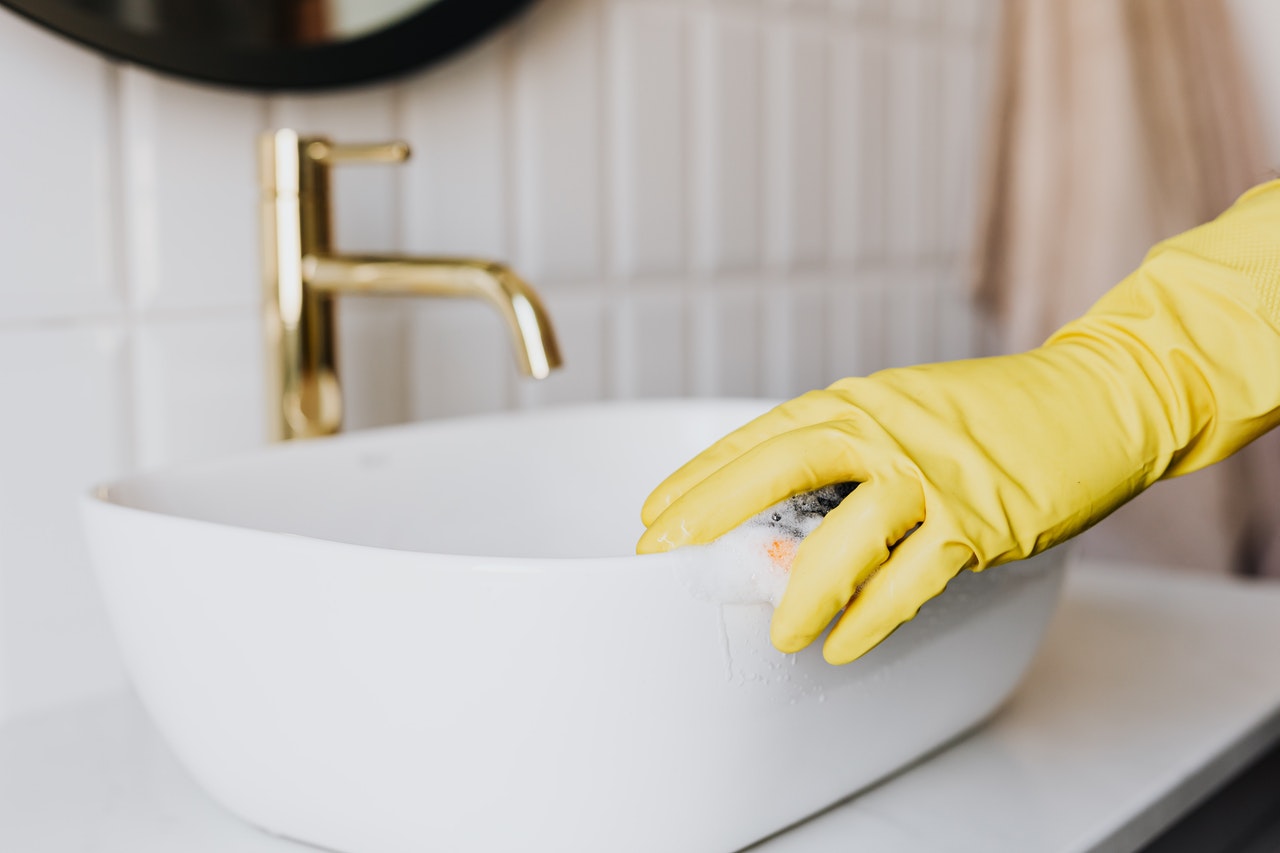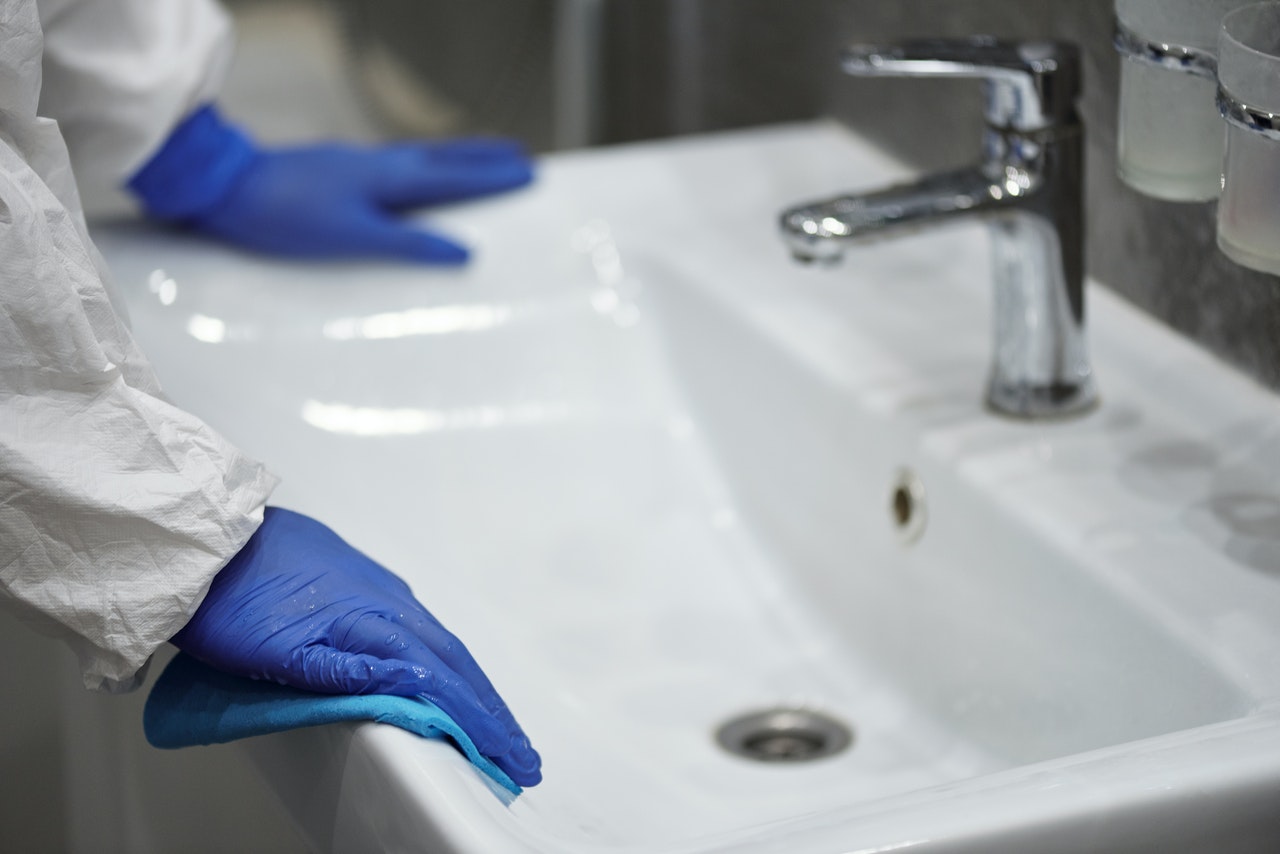It seems like now more than ever people are eager to become their own boss and make it themselves professionally. Of course, going on your own comes with its share of risks and challenges, and many new business ideas can fall flat on their face.
One area of self-employment that has always been rock-solid, though, is working in the trades – not least plumbing. Pipes and boilers never stop breaking, and when they do, people need them fixed – ASAP.
With the average plumber raking in £30,000-£40,000 a year, heading down the plumbing route is a highly credible move, and the work itself, although demanding, can be incredibly satisfying.
To be a plumber, however, you can’t just buy yourself a few tools and put your name out there. If you are serious about starting your own plumbing business, here is what you need to do.
1. Get self-employed status
For any newly self-employed trader, plumber, or otherwise, you first need to navigate the specific legal, insurance, and regulatory requirements of being self-employed in your industry.
You’ll need to choose a legal structure, acquire the correct insurance protections, declare and register your business with HMRC and, if you wish, even join the appropriate trade organizations – in this case, the CIPHE (the Chartered Institute of Plumbing and Heating Engineering) and CHAS (Construction Health & Safety Scheme).
Before all that, you’ll need your plumbing qualifications, which will be a level 2 or 3 diplomae in plumbing and heating. Level 3 diplomas are required for dealing with domestic gas heating systems, and you’ll likely want to gain both qualifications before starting, for the sake of your own skills and your credentials going forward.
2. Choose a plumbing specialty
 Every businessman needs a USP, and the world of plumbing is so diverse that you’ll probably want to choose a specialty to focus on and develop within.
Every businessman needs a USP, and the world of plumbing is so diverse that you’ll probably want to choose a specialty to focus on and develop within.
You can aim to be an all-singing, all-dancing generalist if you want to be – it’ll certainly allow you to carry out more jobs – but you’ll need to devote a lot of time and resources to become adept enough at the wider craft and produce quality work in each field.
Choosing a specialty area will allow you to hone your craft in one chosen area and offer high-quality work within it that builds your reputation.
Of course, there are certain areas every plumber should be skilled in, such as installing heating and piping systems and fixing sanitation systems, but there are additional services it can pay to offer. These include installing air-con units, fitting kitchens, and fitting bathrooms – all three of which carry individual merit that can be potentially highly lucrative to you going forward.
3. Invest in your tools
A good workman never blames his tools, so don’t give yourself the chance and ensure you invest in the right equipment for the job straight off the bat.
You can find a detailed list of all the tools you’ll likely need to start a plumbing business here, but the core groupings you’ll need to think about are your hand tools, wrenches, drain cleaning tools, safety equipment, and power tools.
Don’t forget the extras that go along with them, either – for example, you might need a variety of power tool accessories to support your new collection of gear.
4. Grow your network
The start-up process of any business faces one of its biggest challenges in building an initial portfolio of customers.
Getting your name out there is essential to growing your business – the good news is you can do that to some degree by word of mouth in a local plumbing business, but you can’t rely on good reviews among friends and family alone to sustain your business.
 Any modern plumbing start-up enterprise should consider:
Any modern plumbing start-up enterprise should consider:
- Branding your van and clothing
- Building a social media presence
- Developing a business plan that incorporates the idea of growth
Once you’ve done everything mentioned above, you’ll have set the foundations for a successful plumbing business.
Remember, plumbing is a tough, competitive industry that requires craft, commitment, and dedication to the cause, but if you can put up with the strenuous work, the weekend callouts, and a demanding schedule, there is more than enough room for you to make good money in the sector.

The Ideas Plus Business Editorial team is responsible for this post. For collaborations and partnership requests, kindly send an email to the Editorial Team at ideasplusbusiness[at]gmail[dot]com for the terms and conditions. You can also follow IdeasPlusBusiness.com on Twitter here and like our page on Facebook here.

